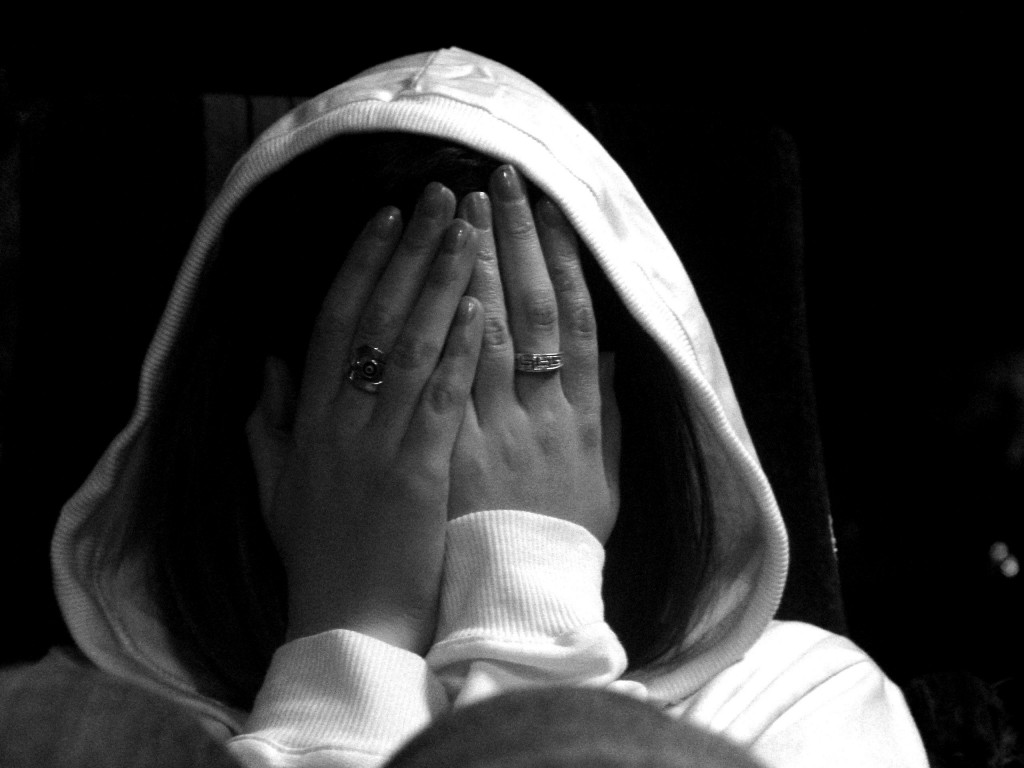THE ASSOCIATED PRESS recently uncovered testimony from Bill Cosby, in which he admitted to obtaining quaaludes for the purpose of drugging women for sex. He also confessed to having given at least one woman the tranquilizers. The admissions came as part of a civil lawsuit against Cosby, filed by Temple University staff member Andrea Constand, accusing the comedian of drugging and raping her in January 2004.
Constand was not Cosby’s first victim, nor was she the first woman to accuse him of rape. In 2000, Lachele Covington filed charges against the comedian for touching her inappropriately; the Manhattan DA’s office refused to prosecute Cosby, claiming no crime had been committed. Although Covington was the first to accuse Cosby of sexual misconduct, his first victim, Kristina Ruehli, was assaulted in 1965.
Fourteen women, all claiming to be previous Cosby rape victims, came forward as witnesses in Constand’s case. All but one of the thirteen chose to remain anonymous; Ruehli was one of the Jane Does in the Constand case. None of Constand’s witnesses ever took the stand; Cosby and Constand settled out of court for an undisclosed sum in 2006. After the settlement, six of Constand’s thirteen Jane Does went public.
These women’s stories went largely ignored until last year, when comedian Hannibal Buress skewered Cosby in a bit. Highlighting the older actor’s hypocrisy, Buress said, “He gets on TV, ‘Pull your pants up black people, I was on TV in the 80s! I can talk down to you because I had a successful sitcom!’ Yeah, but you rape women, Bill Cosby, so turn the crazy down a couple notches.” Coverage of this statement sparked renewed interest in Cosby and his victims, bringing forth a landslide of new accusations and statements.
That it was Buress’s statement that garnered so much attention and interest was the subject of deserved criticism, however. At the time, nearly 20 women had accused Cosby of rape in ten years. Yet it took a man making a passing comment about the comedian’s dark history to shine a national spotlight on the issue. Now, almost a year later, with Cosby’s own admissions of guilt revealed, attention is again focused squarely on the rapist.
But why? In all, as of this writing, over 40 women have come forward to accuse Cosby of rape or other sexual misconduct; at least nine of these women were teenagers at the time, five of them aged 17 or younger. Yet none were deemed credible enough for public support of Cosby to cease. Even the comedian’s own jokes about drugging women’s drinks – some of which date back to 1969 – weren’t enough to raise criticism.
Why does it take the testimony of one man — the accused — to initiate a sea change, when more than 40 women have spent the last fifteen years talking about 50 years of sexual violence?
Yet, as soon as Cosby’s admissions came to light, public support began dropping away like flies. In the two days following the AP report, Walt Disney World removed a bronze bust of the comedian; fellow entertainers, such as Jill Scott, who had previously defended Cosby were suddenly turning about-face; and Promoting Awareness | Victim Empowermen (PAVE), a sexual assault awareness group, is now calling on President Obama to revoke Cosby’s 2002 Presidential Medal of Freedom.
Yes, that’s right: 40-plus women accuse the same man of rape, their stories revealing a pattern of grooming, coercion, and forced intoxication, but even a victim advocacy organization waits to act until the accused admits wrongdoing.
This is rape culture.
This pervasive distrust of rape victims is deeply rooted in what Susan Estrich calls “the myth of the lying woman.” Enshrined in laws requiring men to testify in support of women’s statements, it stems from ancient misogyny that paints women as deceitful, manipulative temptresses at worst, and as unreliable narrators at best.
Women who file rape charges are immediately put on trial, both in court and in the media. What was she wearing? She slept with how many men? Why didn’t she say anything sooner? The idea seems to be that women “cry rape” when they have intercourse remorse, or when they can gain fame and attention. The onus is then placed on the victim to prove her own innocence and truthfulness, despite the fact that — as in the case of other felonies — only 2% of rape accusations are false.
Unfortunately, it seems that Cosby’s victims — like most rape and sexual assault victims in the US — will wind up as statistics. RAINN reports that 80% of rape victims are under age 30, as are all of the women mentioned here at the time they were assaulted by Cosby. 98% of rapists will never spend one day in jail, a statistic into which, it appears, the 77-year-old comedian will easily fall. Most importantly, because 68% of rapes are never reported, it’s very likely that there are many — perhaps more than 60 — other victims who have yet to come forward about Cosby’s crimes against them.
Image Credit: Katherine Evans/CC

















